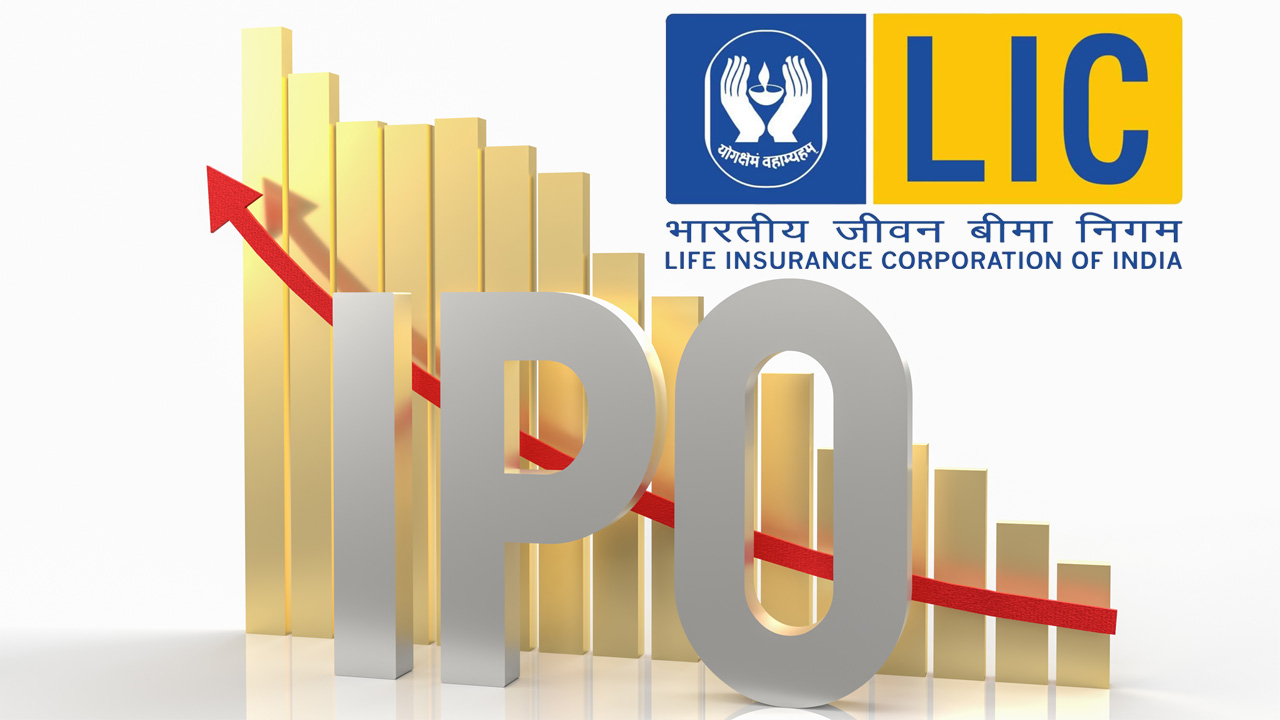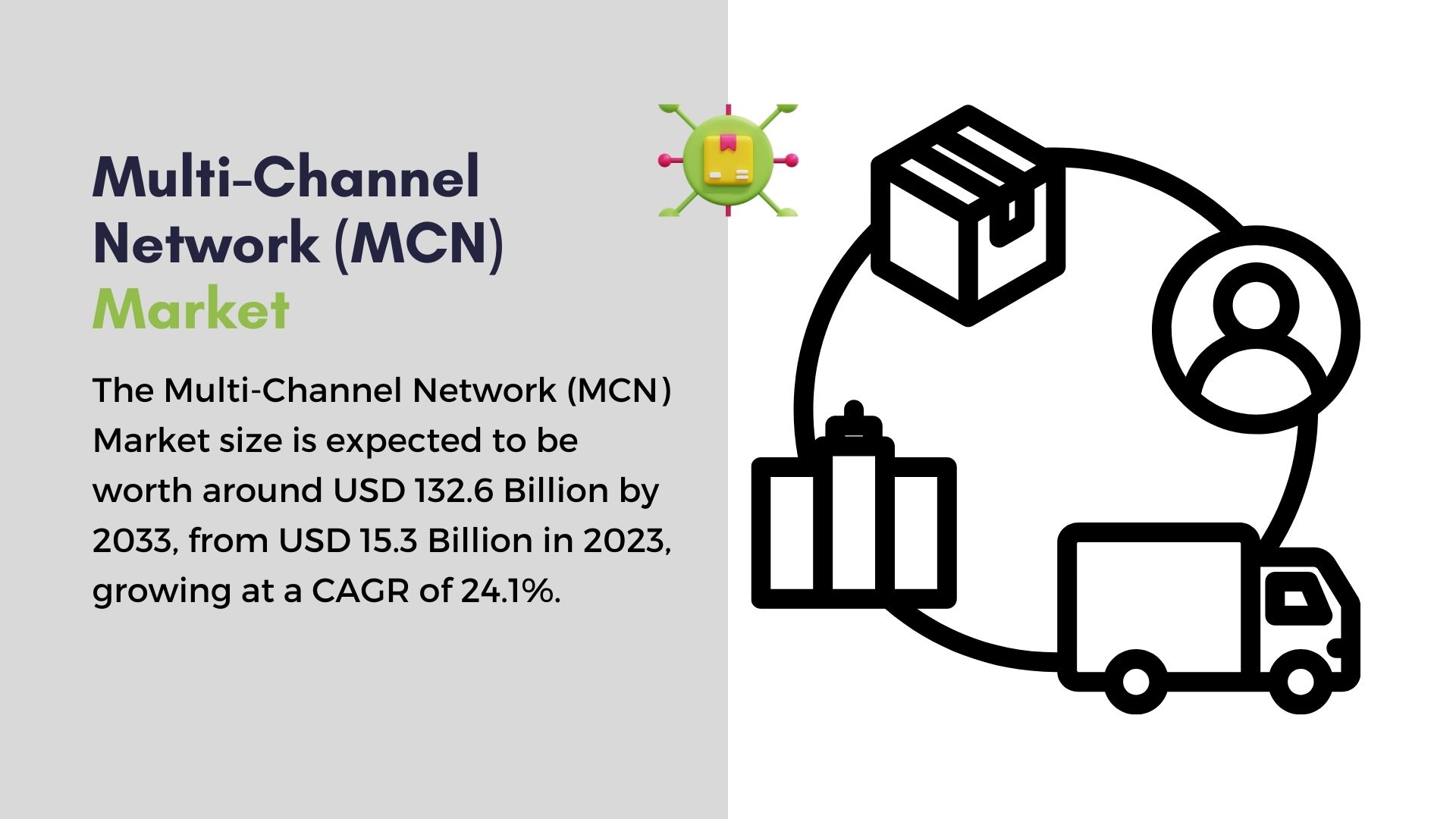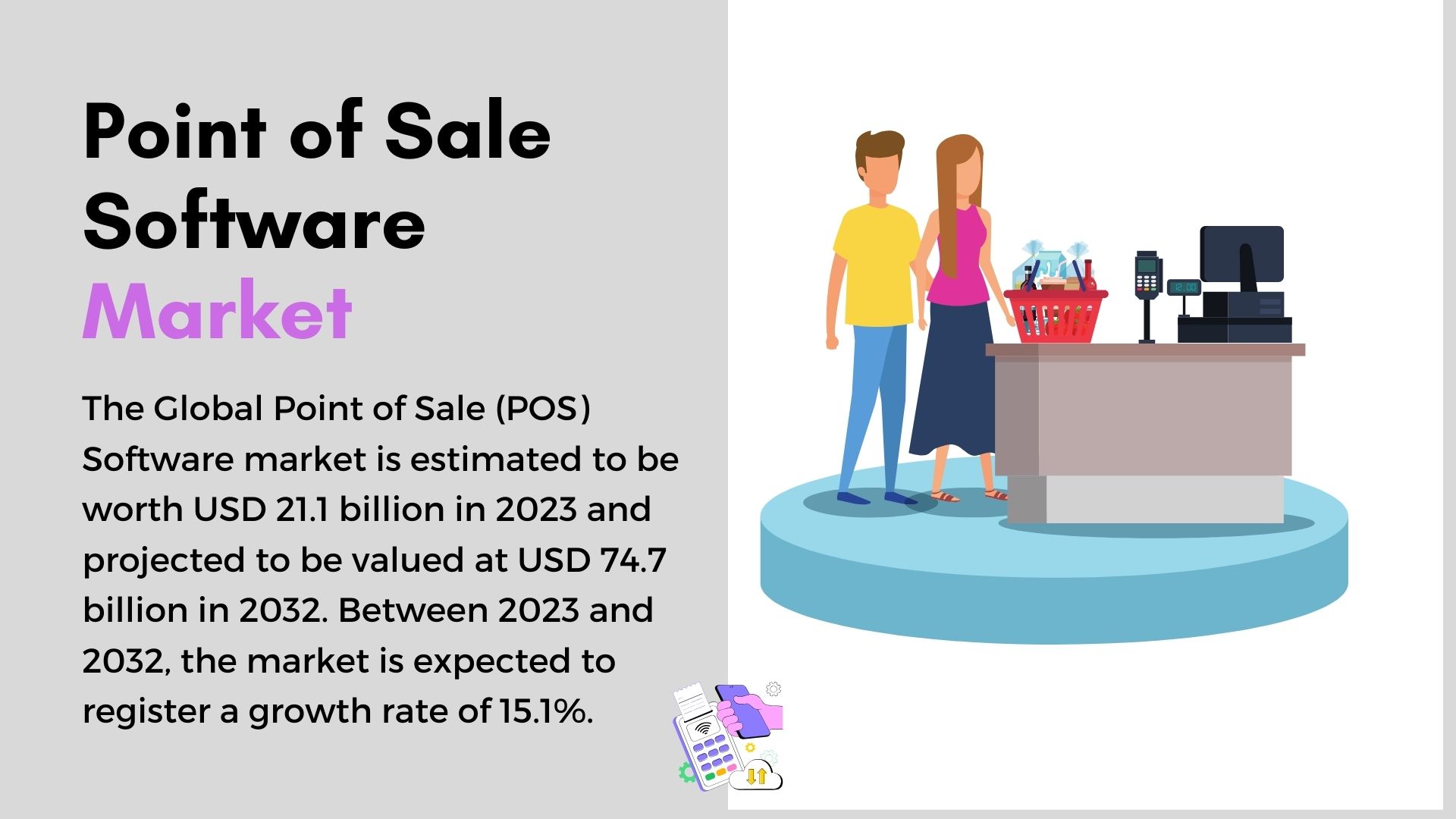How to create a winning business plan
Business plans are similar to road maps. Traveling without a business plan is feasible, but doing so will increase the likelihood of getting lost along the way.
Owners who have a business plan see the growth that is 30% faster than those who don’t, and 71% of companies that are expanding quickly have business plans. Before we get started, let’s define and discuss what a business plan is in reality.
What Is A Business Plan?
A business plan is a nearly 15 to 20-page document that details your strategy for achieving your goals and includes information about your marketing strategies, product, and finances. When you launch a new company, you should make one plan and keep updating it as your company grows.
Small business owners often utilize business plans to assist and guide them rather than putting themselves in a situation where they might need to pause and ask for directions or even go back and start over. That is because they increase their chances of success by assisting them in planning ahead, seeing the more comprehensive picture, and making crucial decisions.
Why does a business plan essential?
Business plans are essential for attracting investors because they enable them to assess whether your company is headed in the right direction and is worthwhile for their capital. A well-written business plan is crucial since it allows entrepreneurs, small business owners, and their staff to outline their goals and monitor their success as their company expands. In addition, a business plan should come first when launching a new firm.
Detailed information that can increase your company’s chances of success is generally included in business plans. Examples include:
- Competitive Analysis:- Analyzing the advantages and disadvantages of your rivals.
- Marketing:- Using your research to promote your business.
- Market Analysis:- It involves learning about the conditions and factors that impact your industry.
- Plans For Logistics And Operations:- It determines and implements the most effective production method.
- Customers Segmentation:- Segment your consumer base into separate groups based on specific attributes to improve your marketing.
- Cash Flow Projection:- Knowing the amount of money coming into and leaving out of your business.
- A comprehensive strategy for long-term expansion.
Top 10 Reasons You Need A Business Plan
You may be asking yourself, “Do I require a business plan? I’ve heard they’re obsolete, and it sounds like a lot of work, and I prefer to figure things out as I go.
Yes, a business plan is essential. Kevin J. Donaldson, an entrepreneur, stated that “Going into entrepreneurship without a business plan would be like embarking on a mountain expedition without a GPS or map support. You will eventually get lost and starve!” Even though it sounds time-consuming and tedious business plans can be a great way to get your business started and ensure your success.
Here are 10 reasons you should have business plans for your small business.
#1. To Resolve The Issues
Entrepreneurs must ask themselves a lot of challenging questions and take the time to develop thoughtful and well-researched responses before putting up a company strategy. Even if the actual paper were to vanish as soon as it is finished, the practice of drafting it makes it easier to express your vision in concrete terms and identify any gaps in your strategy.
#2. To Prove The Sustainability Of The Company
Passion is the driving force behind many businesses. However, passion is not enough to prove that it can drive people to do great things.
The most crucial stage between the concept and reality is probably planning exactly how you will turn that vision into a prosperous business. You can use business plans to confirm whether your big idea makes good business sense.
The market research section of your business strategy is an essential component. The market research section can provide valuable insight into your consumers, rivals, as well as your industry. It can help entrepreneurs start a new business or improve existing businesses with various activities such as advertising, marketing, and introducing new products or services.

#3. To Assist You In Making Critical Decisions
The main benefit of a business strategy is that it aids in decision-making. Making decisions and handling crises is a constant practice in entrepreneurship. Small businesses don’t have the luxury of sitting down and considering all possible consequences of any decision. This is where a business plan can help.
In addition, making a business plan enables you to decide in advance on some of the most important company decisions.
It is challenging to create a solid business plan. Many difficult questions can be answered before they appear. It would help if you took the time to consider all aspects of your business, including your marketing strategy and what products/services you sell. Understanding your core strategies will help you make better decisions and impact your more comprehensive plan.
#4. To Stay Away From Major Mistakes
About half of small businesses still exist to celebrate their 5th birthday. Despite the fact that there are several reasons why small businesses fail, business plans specifically address many of the more prevalent ones.
Data from CB Insights shows that some of the most frequent causes of business failure are as follows:
- Lack of capital:- Cash flow problems or outright financial failure for businesses.
- Strong competition:- When there are many businesses in your industry, it might be challenging to make a consistent profit.
- No demand in the market:- Nobody wants what you are selling.
- Pricing:- Some business owners set their services or products prices too high or too low, which can lead to disaster.
- Insufficient team:- This emphasizes the need to select the right people to assist you in managing your business.
Furthermore, the process of writing a business strategy might assist you in avoiding these critical mistakes. Every component of a business plan, whether it is cash flow estimates or a product-market fit study, can aid in identifying some of those potentially crucial mistakes before they occur. For example, do not be afraid to drop an idea you love if it becomes a lack market demand. Be open and honest with yourself.
#5. To Provide Guidance To Service Providers
Small businesses across the globe frequently use freelancers, contractors, and other experts to help them with activities like marketing, accounting, legal support, and consulting. Additionally, a business plan allows you to share the relevant parts with the people you depend on to support your organization while ensuring everyone is on the same page.
#6. To Establish Better Objectives And Benchmarks
Without a business plan, goals often become arbitrary, with no great rhyme or rationale behind them. Those benchmarks can become more deliberate and essential with a business plan. Additionally, they can aid in holding you responsible for your long-term strategy and vision and provide you with information on how your plan is (or is not) evolving over time.
#7. To Minimize The Risk
Entrepreneurship is a dangerous endeavor, but this risk is significantly reduced when it is tested against a carefully written business plan. Making logistical and operational strategies, developing income and expense predictions, and comprehending the market and competitive situation can help lower the risk associated with a fundamentally unstable livelihood. Furthermore, making better judgments, reducing your reliance on chance, and getting the most accurate picture of your company’s future are all made possible by having a business plan.
#8. To Communicate Goals And Milestones
You cannot always make every decision yourself, whether you are the in-charge of a staff of 2 or 100 people. Consider the business strategy as a substitute teacher who is there to field inquiries whenever necessary. Inform your team that if they have any questions and can’t obtain a response from you directly, they can always refer to the business plan to determine what to do next.h
Moreover, sharing your business strategy with your team members also ensures that everyone is on the same page about what you’re doing, why you’re doing it, and how to achieve your long-term goals.
#9. To Secure Financing
Did you know that having a business plan increases your chances of receiving funding by 2.5 times? You will probably require a business plan if you intend to pitch to venture capitalists, borrow money from a bank, or consider selling your firm in the future. After all, anyone interested in investing in your business will want to know that it is in capable hands and will be profitable in the long run. The best way to demonstrate this is through business plans, which are frequently necessary for anyone looking for outside funding.
#10. To Better Comprehend The Bigger Picture
No firm is an island, so even if you think you have a good handle on what goes on inside your walls, it’s equally crucial to comprehend the competitive landscape. Writing a business plan can help you understand your competitors and the market you are in more thoroughly, as well as shed light on customer preferences and trends, potential disruptions, and other insights that are not necessarily immediately apparent.
Conclusion
After reading this article, now you have a firm grasp of the “why” behind business planning, and you can quickly and confidently start creating your business plan.
Keep in mind that a business plan will develop and grow alongside your company, making it crucial throughout the trip and not just at the beginning.
ABOUT AUTHOR
Steven Burnett has over 15 years of experience in a range of industries and domains. Steven has a flair for gathering data and information through extensive research efforts, and has a strong set of skills to cover almost any domain with ease and produce reports that are easy to understand and aid in making well-informed decisions. You can get in touch with him here. Phone No: +1 315-447-6937 Email: steven.b@coinlaw.io









